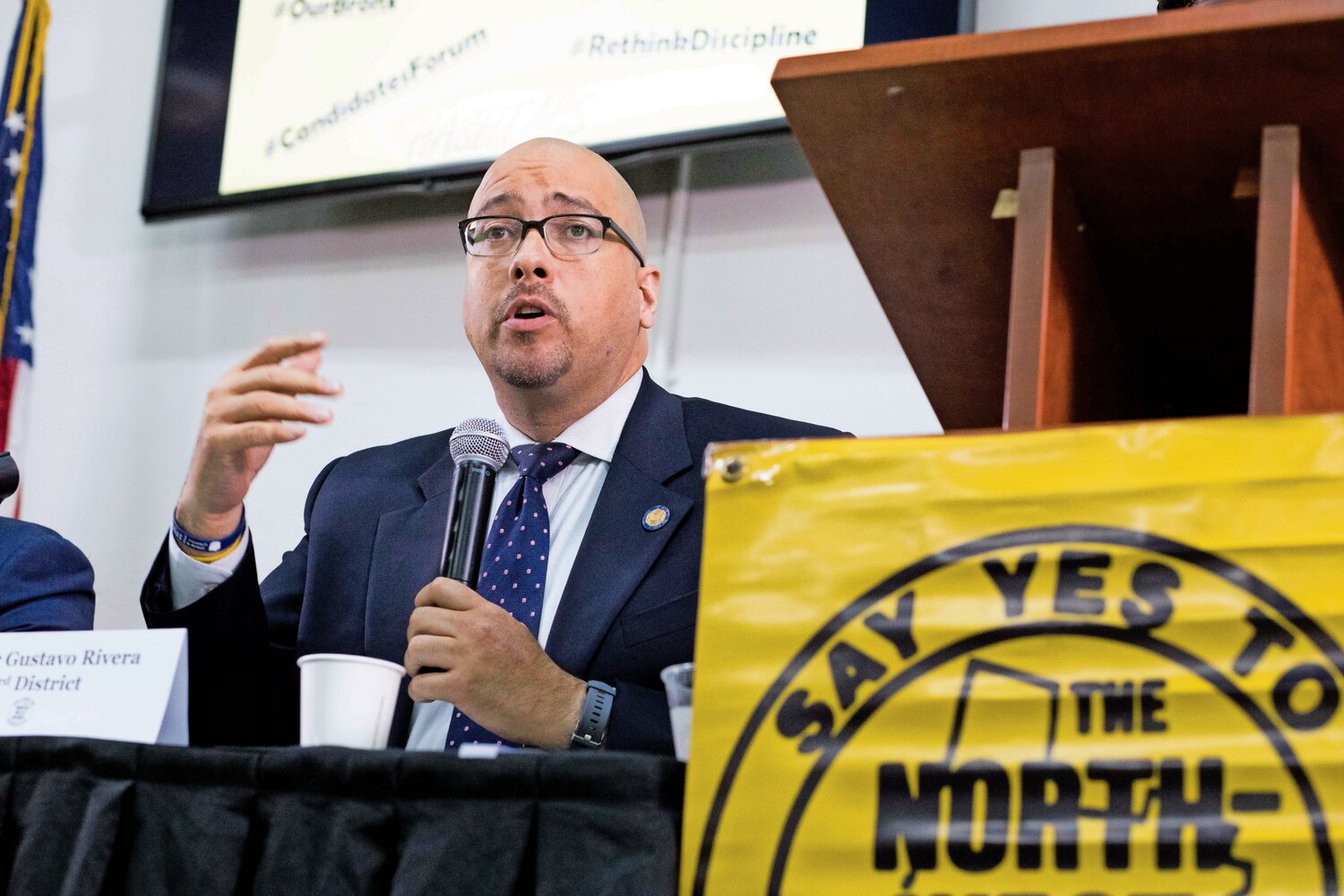New York Health Act aims to end health-care costs with single-payer system
Your friendly neighborhood senator is trying to get legislation passed that could eliminate co-pays, deductibles and premiums when it comes to health care.
State Sen. Gustavo Rivera introduced The New York Health Act alongside assemblywoman Amy Paulin in 2015 and is he is still fighting to get it passed.
The legislation would create a single-payer system for New York health care, which would be essentially a universal healthcare system, meaning one entity is responsible for paying health care costs.
Typically that one entity is the government.
Universal healthcare exists in several countries around the world, including Canada, Australia, Denmark, Japan and Switzerland.
Rivera said he introduced the legislation as an acknowledgment not all New Yorkers can afford to seek medical care and some often end up delaying treatment because of fears related to medical debt. He said the health care system as it exists currently is broken; the payment of co-pays, deductibles and out-of-network costs should not stop people from seeking medical care.
“Health care is a human right, not a commodity,” Rivera said.
The National Federation of Independent Business released a report in mid-August finding that, throughout the state, the most burdensome problem for small businesses is the cost of health insurance.
The single-payer system operates by eliminating private health insurance from the equation entirely, making room for New York residents to seek medical care from whomever and wherever they are. The state would then be responsible for covering all medically necessary treatments, which would include many of the regular benefits for which New Yorkers pay: prescriptions, vision, dental, hearing, long-term care, mental health, substance abuse treatment and reproductive care.
According to data from state Sen. Robert Jackson, another policymaker in favor of the legislation, the bill could save $11.4 billion. The money would come from the elimination of insurance company profits, reducing administrative costs and reducing prescription drug costs.
The New York Health Act would be funded by a payroll-based tax system in which employers pay 80 percent and employees pay 20 percent.
In the case of self-employed people, they pay 100 percent of the tax.
State residents and those employed full-time in New York of all ages, incomes and employment would be eligible to enroll in the health care plan. Enrolled individuals would be eligible to use their health care out of state as well, mimicking the way health care exists now but without the hefty costs.
Despite Rivera pushing for the legislation in recent years, a universal health care system for the state was first proposed in 1992 by Assemblyman Dick Gottfried, but the prolonged nature of the bill’s journey has not deterred Rivera. Since 2015, he has continued to bring the New York Health Act to legislative sessions, urging its approval with increasingly more voices backing him.
During the last legislative session, the bill had 33 Democratic senators co-sponsoring the bill.
Rivera’s bill pulls from the state constitution as justification, stating the health of the state’s residents are of public concern and, as such, should matter to the state. According to the data in the bill, one million New Yorkers live without health coverage.
The legislation argues the cost of health care also negatively impacts hospitals and health centers, putting an undue burden on some providers.
The Urban Institute released a report in 2019 laying out the benefits and losses of a single-payer health care system. The benefits are all those argued in the legislation – access, equity, affordability, simplifying the system. The losses of the system are an increase in government revenue, which would mean raising taxes, potentially cutting hospital revenues and physician incomes, and the necessity to
create a new division of government to oversee the system.
Jackson’s data suggests the bill would establish a bank to help employees in private insurance companies transition to the new system.
As the fall approaches, so does the next legislative session. Only time will tell if Rivera’s bill will finally find its way to approval.






